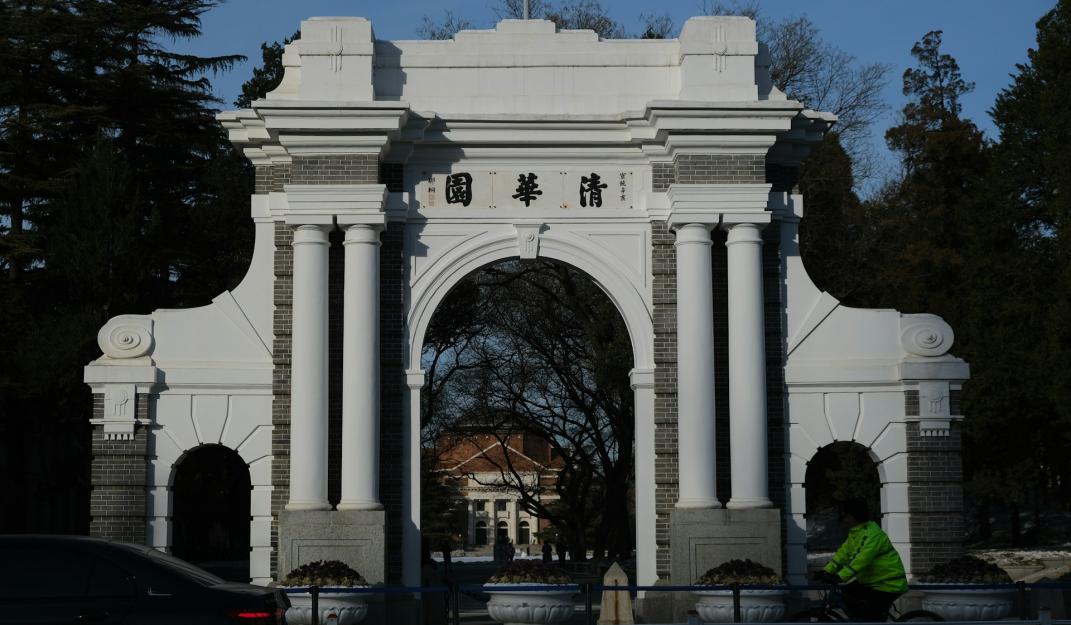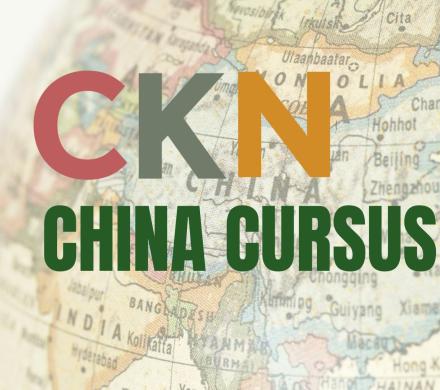Changing Perspectives Towards Conditions for Sustainable EU-China Academic Collaboration

This study was carried out between April and December 2024. A period characterized by uncertainty, a word frequently used in this report indeed. However, with the geopolitical changes ongoing since early 2025, we may consider uncertainty as an understatement.
We are currently experiencing what seems to be a serious make-over of the rules-based international order, as we’ve known it for decades. Perspectives are changing even more than expected. Europe’s security environment is rapidly changing, with consequent challenges in formulating conditions for sustainable EU-China academic collaboration. And likely for collaboration globally. Recent US freezing of research funding and withdrawals from global commitments, a changing transatlantic relationship, and China’s technological breakthroughs in AI, put even more pressure on the EU.
This enhanced uncertainty, however, doesn't detract from the rationales and aims of this study, which remain relevant. Yet the context is becoming even more complex and unpredictable, with even more, still open, questions as a result.
How will the shifting centres of gravity in scientific, soft, and hard power affect their ability to attract and nurture talent? How will this affect the volume and direction of international flows of students, scientists, data, and funding? To what extend and how will the nature of international partnerships, the protection of academic freedom, and safe areas of research collaboration be sustained? How will future global scientific and technological leadership be shaped in a multipolar world? And (how) would this influence China’s long-term perspective on scientific collaboration with the EU?
Obviously, these further questions could not be addressed in this report. However, this foreword is not intended to be a total disclaimer. Apart from the rationale and aims of our study, also our considerations and recommendations remain intact. Think long term, embrace complexity, monitor, invest, and strengthen capacity in EU context.
We wish to defend the value of academic collaboration to respond to the rights, needs, and interests of future generations worldwide and to recognize its crucial role in (re)building bridges between them for a shared and sustainable future.
Marijk van der Wende Utrecht, 21 February 2025.
China Knowledge Network
The Dutch China Knowledge Network (CKN) is a network established to involve China experts and disseminate knowledge within the government of the Netherlands and beyond.Our key task is to connect various angles of research and events to better understand China’s motives, policies and vision to develop more effective policies and better advise social partners. The secretariat of the knowledge network has been assigned to think tank Clingendael together with LeidenAsiaCentre. They will function primarily as ‘knowledge brokers’, matching the supply and demand of knowledge.



